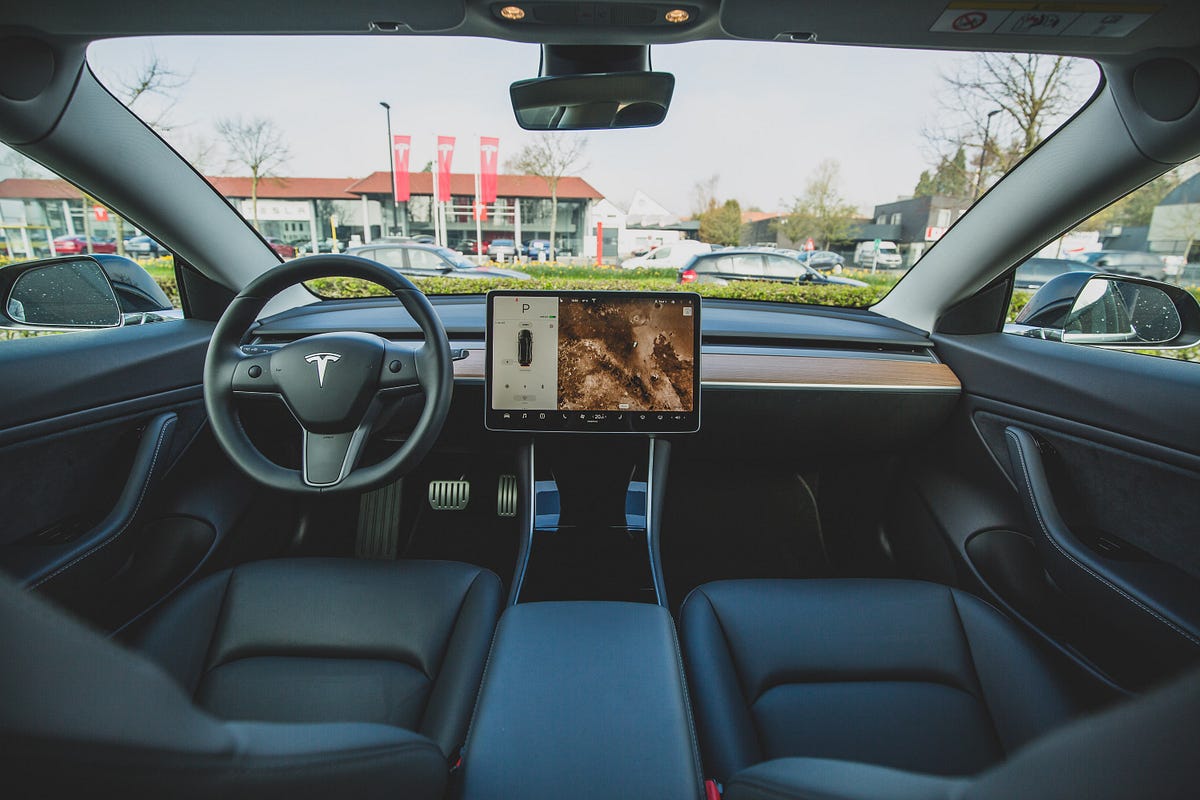The rise of autonomous driving has raised a number of ethical questions, one of which is who should be held responsible in the event of an accident. There are a number of different perspectives on this issue, and it is likely that the law will need to evolve to address it.
One perspective is that the manufacturer of the autonomous vehicle should be held responsible for any accidents that occur. This is because the manufacturer is responsible for the design and development of the vehicle, and it is therefore ultimately responsible for its safety. This perspective is supported by the fact that manufacturers of traditional vehicles are currently held responsible for accidents that occur due to defects in their vehicles.
Another perspective is that the owner of the autonomous vehicle should be held responsible for any accidents that occur. This is because the owner is ultimately responsible for the operation of the vehicle, and it is therefore their responsibility to ensure that it is operated safely. This perspective is supported by the fact that owners of traditional vehicles are currently held responsible for accidents that occur due to their negligence.
A third perspective is that the driver of the autonomous vehicle should be held responsible for any accidents that occur. This is because the driver is ultimately responsible for the vehicle, even if they are not actively driving it. This perspective is supported by the fact that drivers of traditional vehicles are currently held responsible for accidents that occur due to their negligence.
It is also possible that a combination of these factors will be considered in determining who is responsible for accidents involving autonomous vehicles. For example, the manufacturer may be held primarily responsible, but the owner or driver may also be held liable for contributing factors.
The law is likely to evolve as autonomous vehicles become more common. As the technology develops, it will become easier to determine who is responsible for accidents. However, it is likely that there will be a number of gray areas, and the law will need to be flexible enough to address these.
In the meantime, it is important for manufacturers, owners, and drivers of autonomous vehicles to be aware of the ethical implications of this technology and to take steps to operate their vehicles safely.
Here are some additional ethical considerations related to autonomous driving:
- Privacy: Autonomous vehicles will collect a vast amount of data about their surroundings and the people and objects in them. This data could be used to track people’s movements, identify them, and even predict their behavior. This raises concerns about privacy and surveillance.
- Discrimination: Autonomous vehicles could be programmed to make decisions that discriminate against certain groups of people. For example, a vehicle might be programmed to avoid driving through certain neighborhoods or to give preferential treatment to certain types of vehicles. This raises concerns about fairness and equality.
- Liability: It is not clear who will be held liable in the event of an accident involving an autonomous vehicle. The manufacturer, owner, driver, or even the software developer could be held responsible. This raises concerns about fairness and justice.
These are just some of the ethical considerations that need to be addressed as autonomous driving becomes more widespread. It is important to have a public discussion about these issues so that we can develop policies and regulations that protect the public interest.





